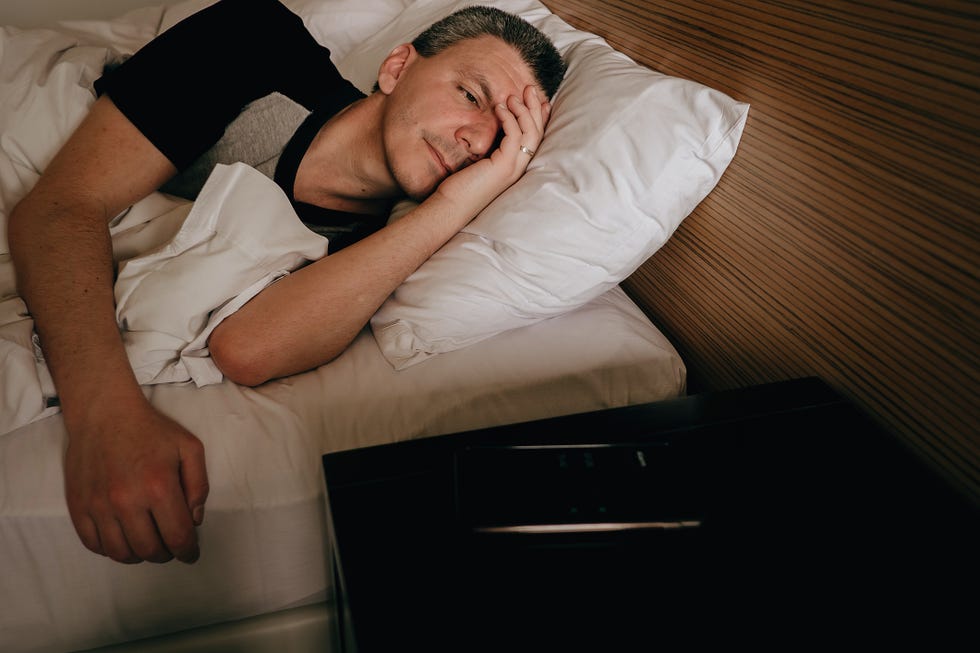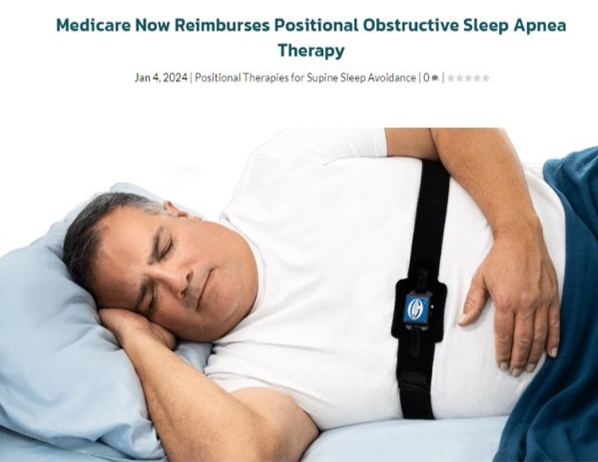Specialist Insomnia Counseling - Obtain Specialist Advice
Specialist Insomnia Counseling - Obtain Specialist Advice
Blog Article
Reliable Therapy Solutions for Handling Sleep Disorders and Enhancing Relaxing Sleep
In the realm of health care, the management of sleep problems and the quest for relaxing rest are crucial parts of total health. As we browse the intricate landscape of rest problems and seek to boost our rest experience, a deeper understanding of these treatment solutions may hold the trick to unlocking a much more rejuvenating and fulfilling restorative trip.
Cognitive Behavior Treatment for Sleeping Disorders (CBT-I)
Cognitive Behavioral Therapy for Sleep Problems (CBT-I) is a structured, evidence-based therapy approach that focuses on attending to the hidden factors contributing to sleep disturbances. This kind of therapy aims to modify behaviors and thoughts that worsen sleeping disorders, ultimately advertising healthy and balanced rest patterns. CBT-I generally involves numerous key components, including cognitive therapy, rest constraint, stimulus control, and rest health education and learning.
Cognitive therapy assists individuals identify and transform unfavorable thought patterns and ideas regarding rest that may be impeding their capability to fall or stay asleep. Sleep restriction involves limiting the amount of time spent in bed to match the individual's real rest period, therefore raising rest effectiveness (insomnia counseling). Stimulus control methods aid develop a solid association in between the bed and sleep by motivating individuals to go to bed just when drowsy and to stay clear of taking part in promoting activities in bed
In addition, sleep health education concentrates on developing healthy and balanced sleep habits, such as maintaining a regular sleep timetable, producing a relaxing bedtime regimen, and enhancing the rest atmosphere. By resolving these factors thoroughly, CBT-I provides an efficient non-pharmacological treatment for handling sleeplessness and improving total sleep quality.
Rest Health Practices
Having established the structure of cognitive restructuring and behavior alterations in addressing sleep problems with Cognitive Behavior modification for Sleeping Disorders (CBT-I), the focus now changes in the direction of exploring essential Sleep Health Practices for maintaining optimal rest top quality and general well-being.
Sleep health practices incorporate a variety of behaviors and environmental aspects that can substantially impact one's ability to fall asleep and stay asleep throughout the evening. Consistent rest and wake times, producing a relaxing bedtime routine, and enhancing the rest atmosphere by keeping it dark, peaceful, and cool are important parts of great rest health. Limiting exposure to screens before bedtime, staying clear of energizers like caffeine close to bedtime, and involving in routine physical task throughout the day can also promote much better sleep top quality.
Moreover, exercising relaxation techniques such as deep breathing workouts or reflection prior to bed can assist soothe the mind and prepare the body for sleep. By including these sleep hygiene practices into one's daily regimen, people can develop a healthy and balanced rest pattern that supports restful sleep and overall health.
Relaxation Methods and Mindfulness
Implementing infant night terrors leisure strategies and mindfulness methods can play a pivotal role in cultivating a sense of calm and promoting high quality rest. sleep therapy. These strategies intend to quiet the mind, lower anxiety, and produce an optimum setting for peaceful rest. One commonly practiced technique is deep breathing workouts, where individuals concentrate on slow, deep breaths to loosen up the body and mind. Modern muscle relaxation includes tensing and after that launching each muscle mass team, promoting physical leisure. In addition, led imagery can assist great site move individuals to a peaceful location in their minds, assisting in stress and anxiety reduction and enhancing rest high quality.
By integrating these methods into a bedtime routine, people can signify to their bodies that it is time to relax and prepare for sleep. In general, incorporating leisure methods and mindfulness practices can considerably add to handling rest conditions and improving total rest quality.

Medicine Options for Sleep Disorders
After exploring relaxation methods and mindfulness methods as non-pharmacological interventions for enhancing rest top quality, it is necessary to take into consideration medication alternatives for individuals with sleep conditions. In situations where way of living adjustments and therapy do not supply sufficient relief, medication can be a beneficial device in taking care of sleep disturbances.
Commonly prescribed drugs for rest conditions consist of benzodiazepines, non-benzodiazepine hypnotics, antidepressants, and melatonin receptor agonists. Antidepressants, such as trazodone, can be helpful for people with co-occurring anxiety and sleep disturbances - insomnia solutions.
It is crucial for individuals to speak with a doctor to establish the most appropriate drug choice based on their particular sleep problem and medical background.
Light Treatment for Body Clock Policy
Light treatment, likewise referred to as phototherapy, is a non-invasive therapy technique used to regulate circadian rhythms and boost sleep-wake cycles. This therapy entails direct exposure to intense light that imitates natural sunlight, which assists to reset the body's internal clock. By exposing individuals to certain wavelengths of light, usually in the morning or night relying on the preferred impact, light treatment can effectively change the body clock to advertise wakefulness throughout the day and improve restful sleep at night.
Research has actually shown that light therapy can be especially useful for individuals with circadian rhythm conditions, such as postponed rest stage syndrome or jet lag. It can likewise be handy for those experiencing seasonal affective problem (SAD), a kind of depression that typically occurs during the cold weather when natural light direct exposure is reduced. Light treatment is usually well-tolerated and can be utilized together with various other therapy techniques for sleep conditions to enhance end results and improve overall sleep quality.
Conclusion
Finally, reliable treatment options for handling rest disorders and somnologist boosting relaxing sleep include Cognitive Behavioral Therapy for Sleep Problems (CBT-I), sleep health practices, relaxation methods and mindfulness, medication options, and light treatment for circadian rhythm regulation. These techniques can aid people enhance their rest high quality and general health. It is very important to seek advice from a healthcare service provider to figure out one of the most suitable approach for addressing sleep problems.
As we navigate the intricate landscape of sleep disorders and seek to enhance our sleep experience, a deeper understanding of these treatment remedies might hold the trick to opening a much more relaxing and satisfying restorative trip.
Sleep limitation includes restricting the quantity of time invested in bed to match the individual's real rest period, therefore boosting rest effectiveness. Constant rest and wake times, producing a relaxing bedtime routine, and optimizing the rest environment by maintaining it dark, silent, and cool are important components of great rest health. Light therapy is typically well-tolerated and can be used in conjunction with other therapy techniques for sleep disorders to maximize results and enhance general sleep top quality.

Report this page